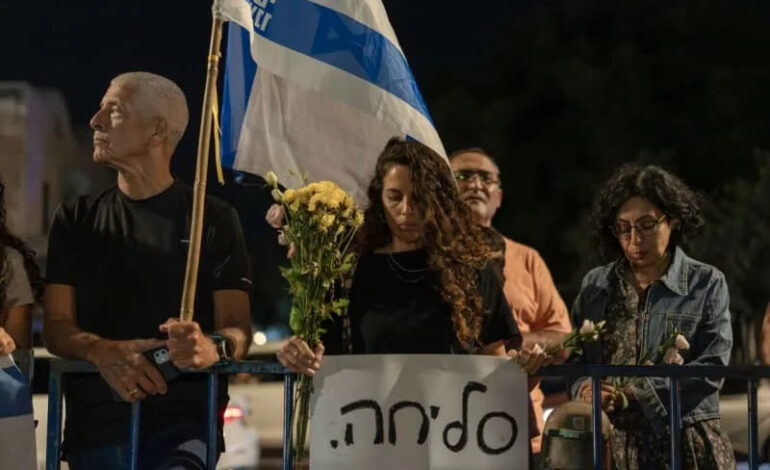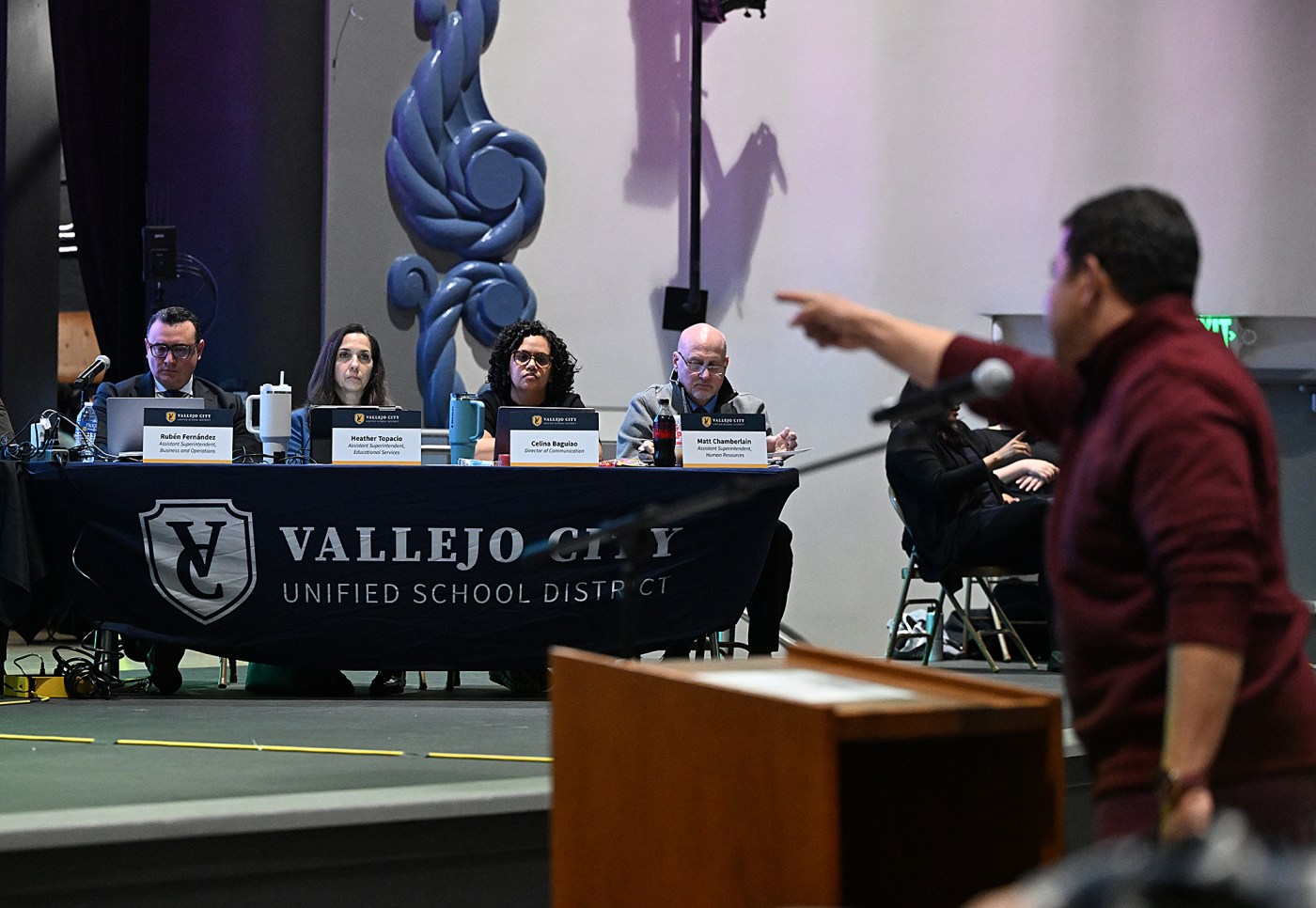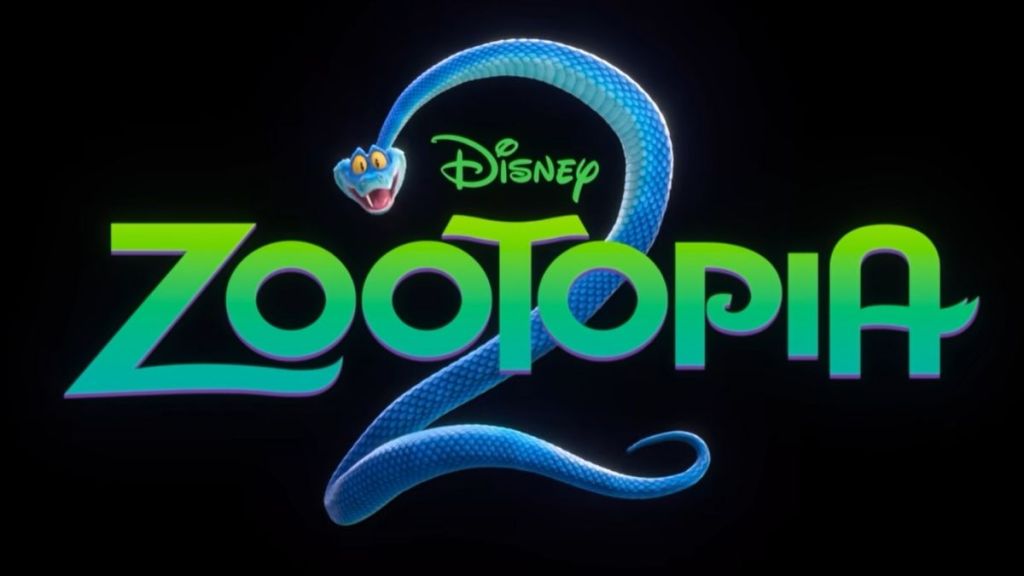Red Cross Warns of Lengthy Process in Recovering Gaza Hostages’ Bodies

The International Committee of the Red Cross (ICRC) has stated that the handover of deceased hostages’ bodies in the Gaza Strip could take several days or even weeks. This assessment follows the ongoing challenges related to the destruction of buildings and infrastructure in the region, which complicates the recovery operations.
Christian Cardon, a spokesman for the ICRC based in Geneva, highlighted the difficulties faced in locating human remains amidst the rubble. “There is clear indication that this might take much more time, because of the difficulty to find the human remains in Gaza that might be under the rubble,” Cardon noted in a statement on Tuesday. He underscored that it cannot be ruled out that some bodies may never be found, adding a somber note to the ongoing recovery efforts.
Challenges of Recovery Efforts
The ICRC has consistently emphasized the significance of returning mortal remains to their families, which is critical for both closure and potential reconciliation after the conflict. The organization is not directly involved in the search for remains; instead, it plays a facilitating role during the handover process. Handover notifications often come with little advance notice, as was the case with the recent transfer on Monday, when Hamas delivered the bodies of four out of a total of 28 dead hostages to Israel through the ICRC.
The chaotic conditions in the Gaza Strip pose significant obstacles for recovery teams. With many structures reduced to rubble, the process of locating and retrieving bodies is fraught with uncertainty. This situation underscores the broader humanitarian crisis in the region, where the implications of the ongoing conflict are deeply felt by families and communities.
The Role of the ICRC
The ICRC’s involvement is primarily focused on ensuring that the handover process respects the dignity of the deceased and provides families with the closure they desperately need. While the organization is not tasked with the active search for remains, it serves as a crucial intermediary during the handover, ensuring that the process is conducted in a respectful and humane manner.
As the situation evolves, the ICRC remains committed to supporting the families affected by the loss of their loved ones. The organization continues to advocate for the importance of recovering and returning mortal remains, emphasizing that this process is vital for the healing of individuals and communities alike.






